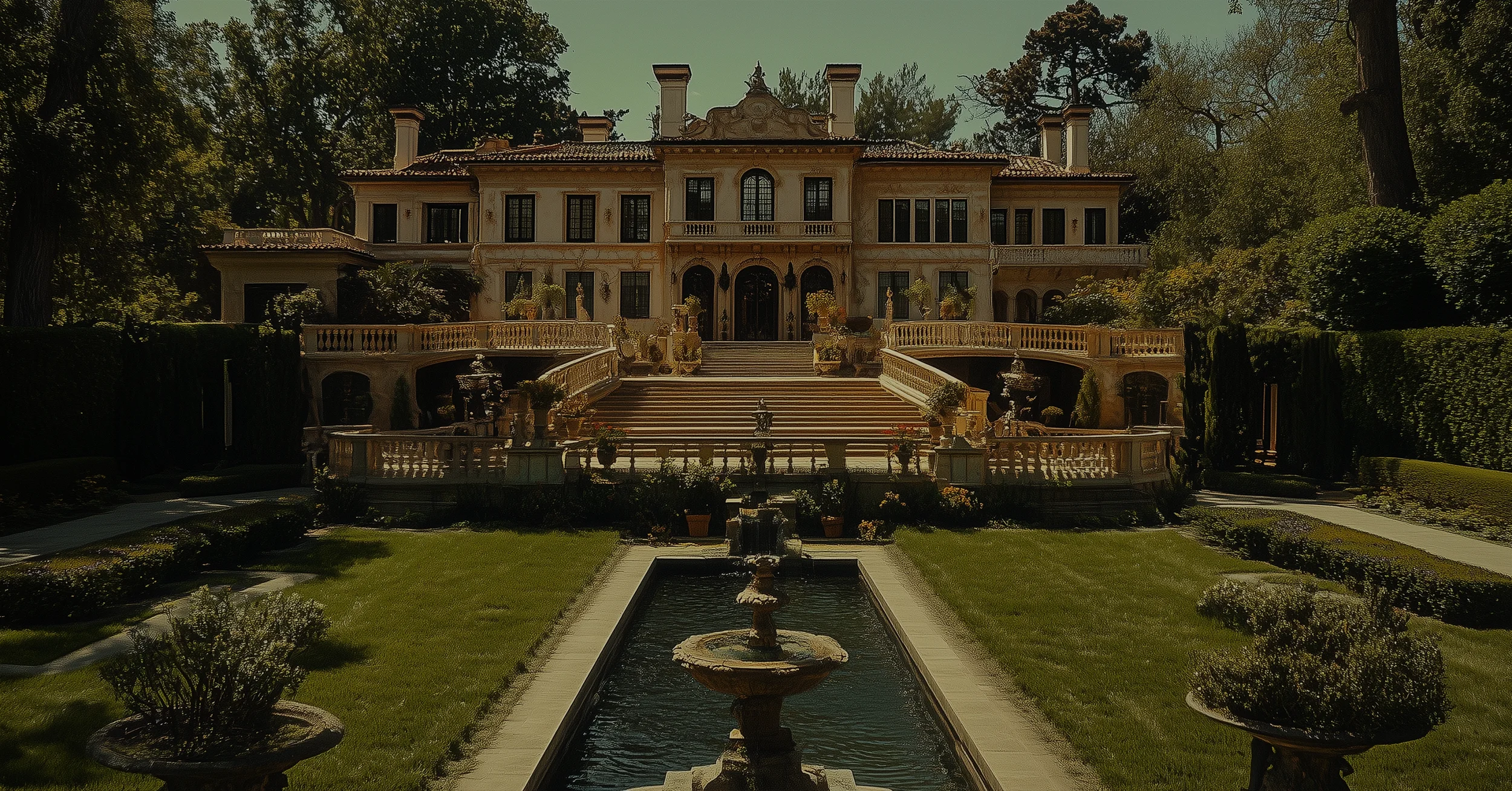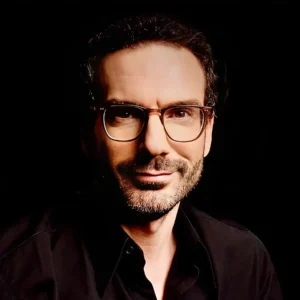
Ertan Enginalev
Biography
Focused on building what lasts, not chasing what’s loud.
I’m Ertan Enginalev, founder of Warschild and WSD Capital Management. I work with organizations navigating change—often quietly, always deliberately. My focus is on what matters most when pressure is high and clarity is rare.
Over the past two decades, I’ve spent time where transformation actually happens: behind the scenes, far from headlines, in the space between urgency and discipline. My approach is grounded in what I call benevolent hostility—a belief that meaningful progress requires uncomfortable decisions made with long-term intent.
At Warschild and WSD Capital Management, I continue this work with a small group of organizations preparing for what’s next. The goal isn’t speed or spectacle. It’s momentum with meaning.
What I Believe
Lasting change doesn’t come from noise. It comes from depth—sharp questions, calm thinking, and results that hold up over time.
I’m not interested in disruption for its own sake. I care about what works.
Don’t Forecast. Forcecast. Quietly, and only when necessary.

Where I Operate
- Technology — When it’s a tool, not a headline.
- Private & Public Enterprises — Especially at moments of uncertainty or transition.
- Long-Horizon Strategy — Not about portfolios. About positioning.
The Mindset
Change isn’t something I chase—it’s something I engage with when it matters. I’m drawn to overlooked opportunities, mispriced moments, and ideas that demand patience. Not everything needs to be immediate to be inevitable.
My work lives at the edge of tension: between what’s possible and what’s practical, what’s comfortable and what’s necessary.
Background
I began my career in investment banking, working on mergers, acquisitions, and special situations. That early exposure to high-stakes decisions taught me how to listen carefully, move precisely, and act when the time is right.
I hold a BBA and an MBA from the University of Miami’s School of Business. Both shaped my thinking—but the market has been the real teacher. Over time, it became clear: the most enduring progress tends to happen quietly, and almost never by accident.
“The best way to predict the future is to force it into existence.”
